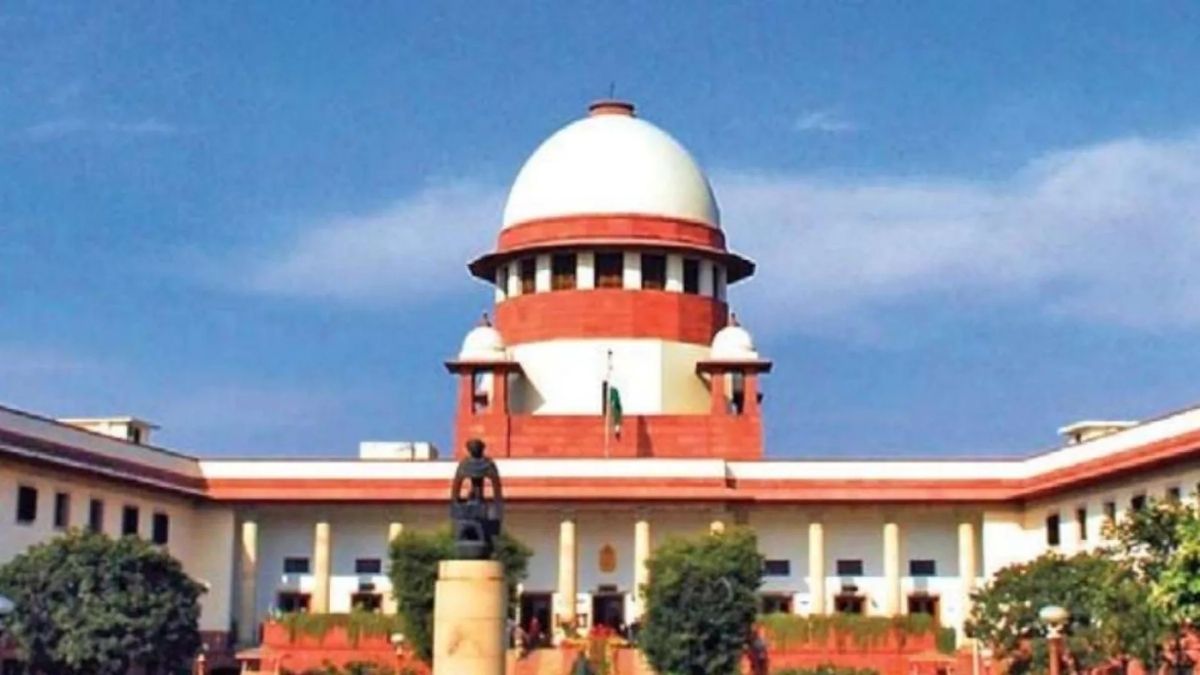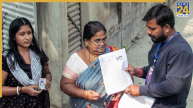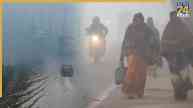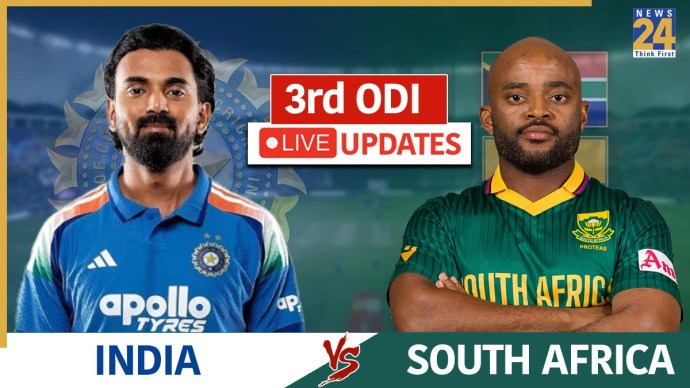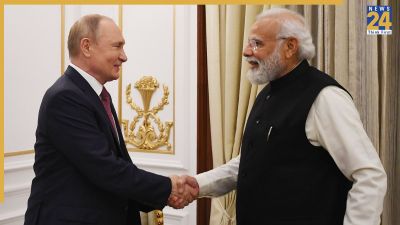New Delhi: In a landmark verdict on the legality of same-sex marriages, the Supreme Court bench-led by the CJI said that the government can’t deny any state benefits to queer people but stopped short from striking down the SMA due to institutional limitations and left the policy for the lawmakers to act. The court gave a split verdict on the issue of giving child adoption rights to queer couples. Justice S Ravindra Bhat, Justice Hima Kohli and Justice PS Narasimha disagreed with Justices SK Kaul and CJI DY Chandrachud who delivered judgement in favour of extending legal adoption rights of a child to queer people as well. The Supreme Court stopped short of striking down the same-sex marriages act but laid down the guidelines and directions for States and UTs to follow. The top court also ruled that an individual’s right to enter into a union cannot be restricted on the basis of sexual orientation.
The Supreme Court said that the law of the land does not recognise the right to marry or the right of same-sex couples to enter into civil unions, and that it is upto the Parliament to make laws enabling the same.
Here are the big takeaways from the Supreme Court’s judgment on the matter.
CJI DY Chandrachud’s Judgment
- This court can hear this case and under Article 32 can give directions
- Queerness is not urban or elite
- No universal concept of marriage
- Marriage has attained a legal institution status due to regulations
- The State has democratized personal relationships by taking an interest in this
- The Constitution does not grant the fundamental right to marry and institution cannot be elevated to the status of the fundamental right
- SC cannot strike down SMA because of institutional limitations and cannot read down words and it would lead to judicial legislation and courts must steer clear of policy matters
- Freedom of queer to enter into a union is guaranteed under the constitution. denial of rights to them is a denial of fundamental right violation
- right to enter into union cannot be based on sexual orientation
- Decision in navtej and puttaswamy guarantees right to queer couple to enter into a union
- Transgender has the right to marry under existing law
- Queer person has the right to freedom from coercion from natal families
- Queer couple has the right to jointly adopt a child. CARA regulation is unconstitutional.. unmarried couples can also adopt a child and state can make regulations needed for the same
A Constitution Bench of Chief Justice of India (CJI) DY Chandrachud and Justices Sanjay Kishan Kaul, S Ravindra Bhat, Hima Kohli and PS Narasimha delivered the judgment. The Bench rendered four separate judgments. CJI DY Chandrachud and Justice SK kaul were part of the minority judgment. The majority opinion was read by Justices S Ravindra Bhat, Hima Kohli and PS Narasimha.
Highlights of majority opinion rendered by Justice Bhat
- There is no unqualified right to marriage.
- Entitlement to civil unions can be only through enacted laws and courts cannot enjoin such creation of a regulatory framework.
- Queer persons are not prohibited in celebrating their love for each other, but have no right to claim recognition of such union.
- Queer persons have the right to choose their own partner and they must be protected to enjoy such rights.
- Same-sex couples do not have right to adopt children under existing law.
- Central government shall set up a high-powered committee to undertake study of all relevant factors associated with same-sex marriage.
- Transgender persons have the right to marry.
(Court proceedings as reported by Bar & Bench)

